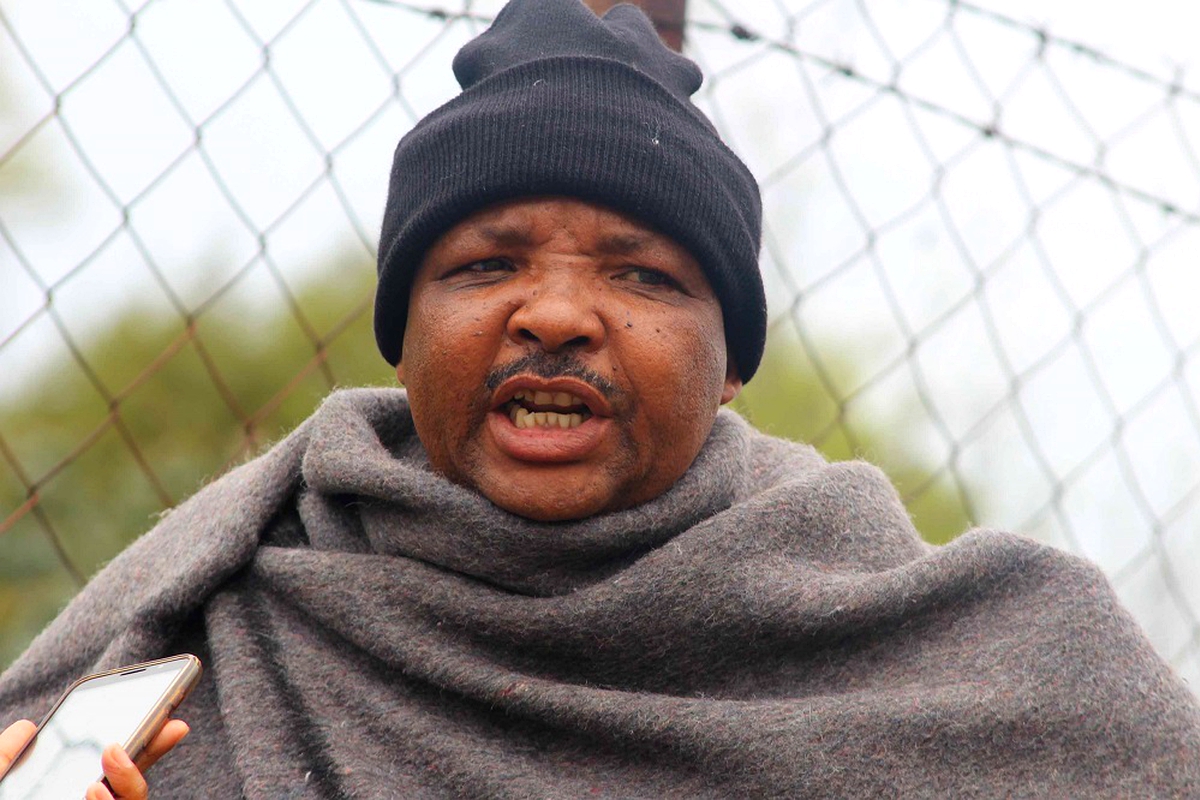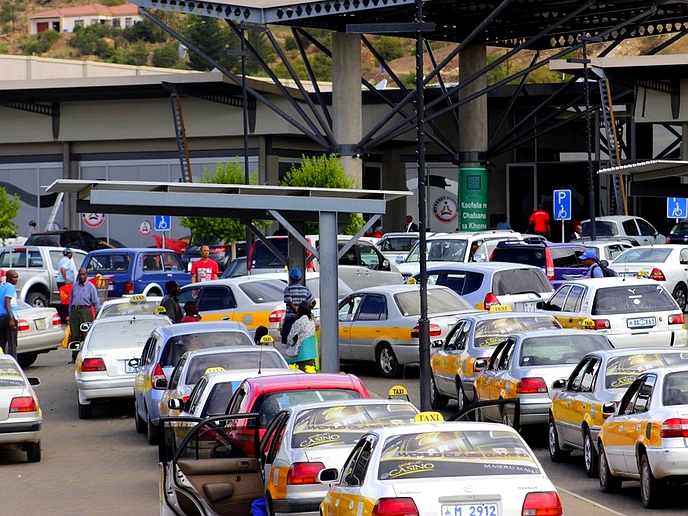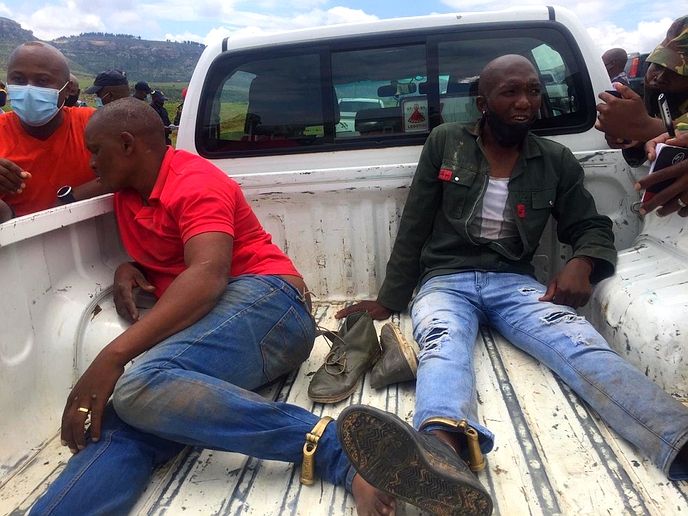WHILE South Africa’s wool market declined by of 0.5 percent last week, the industry’s players in Lesotho believe the local market is not threatened and still has enough potential to grow, despite the melancholy situation that has rocked the sector since 2018.
business
Jan. 29, 2021
NEO SENOKO
3 min read
SA wool market declines

LWMGA Chairman Mokoenihi Thinyane.
As one of the leading players in the industry, challenges in Lesotho certainly affect sales and production in South Africa. The suspension of wool shipment in the past for instance, had an impact on sales.
In a report released by South African broker BKB last week, a slight drop in sales was recorded during the 18th wool auction of the 2020/21 sale season.
“On the 18th wool auction of the 2020/21 sale season, the merino wool market indicator decreased by 0.5 percent to close on 15145c per kg clean wool,” the report revealed.
Prior to the slight decline, the merino wool market indicator had increased by 5.5 percent to close on 15225c per kg clean wool.
Wool and mohair are the main agricultural exports in the country and Lesotho is the world’s second largest producer of mohair after South Africa. It produces around 14 percent of the global mohair.
Marketing of Lesotho’s wool and mohair is unique for smallholder producers. Individual smallholder producers are marketing most of their fleece wool directly on a major international auction market in Port Elizabeth, South Africa, where wool and mohair are primarily handled by the marketing agent BKB.
Despite the slump in the sales of merino wool, local players are clearly not concerned, saying that in fact if things go accordingly, the country can move towards becoming the world leader in wool and mohair production.
Currently, Australia and South Africa are leading the pack in production, leaving Lesotho in third place.
The Lesotho Wool and Mohair Growers Association (LWMGA) said in an interview with Metro on Monday that while the 2018 regulations may have caused damage in the industry, it is difficult to determine whether or not the farmers have lost hope in the industry.
If the farmers decide not to invest in the industry anymore due to challenges posed by government intervention, the global industry will certainly be affected, considering the role played by Lesotho in the sector.
South Africa’s broker BKB will also feel the negative impact resulting from loss of potential clients.
“It is difficult to say whether or not people are losing hope at the moment because the situation is changing for the better. At the same time, we are not in a position to encourage or discourage people to join the industry. People should make their own analysis including the challenges before making any decisions.
“This is because most of the challenges that we come across are caused by the government, so it means we do not know what is going to happen next. But now things are getting back to normal,” said the chairman of the LWMGA, Mokoenihi Thinyane.
He added that even the farmers who were struggling to receive their payments have now started getting paid since December.
Enjoy our daily newsletter from today
Access exclusive newsletters, along with previews of new media releases.
“Owners of the produce that was stuck in Port Elizabeth have been receiving payments since before Christmas. Only a small portion is yet to receive their monies, mainly because of problems with their personal accounts. But even in that case, we reached an agreement with BKB to deposit the money into the association’s account so that we can easily distribute it to farmers whose accounts are not operational,” Mr Thinyane also said.
Despite the challenges, and fluctuating sales at BKB, he said, Lesotho is still performing well on the international front, against South Africa and Australia.
The Agricultural Marketing (Wool and Mohair) regulations of 2018 prohibited local farmers from trading wool and mohair outside the country, forcing them to take their produce to the Thaba-Bosiu Wool Centre.
However, the regulations were later amended in 2019 following a series of court cases and protests, allowing farmers to trade from anywhere they want.
Tailored for you






